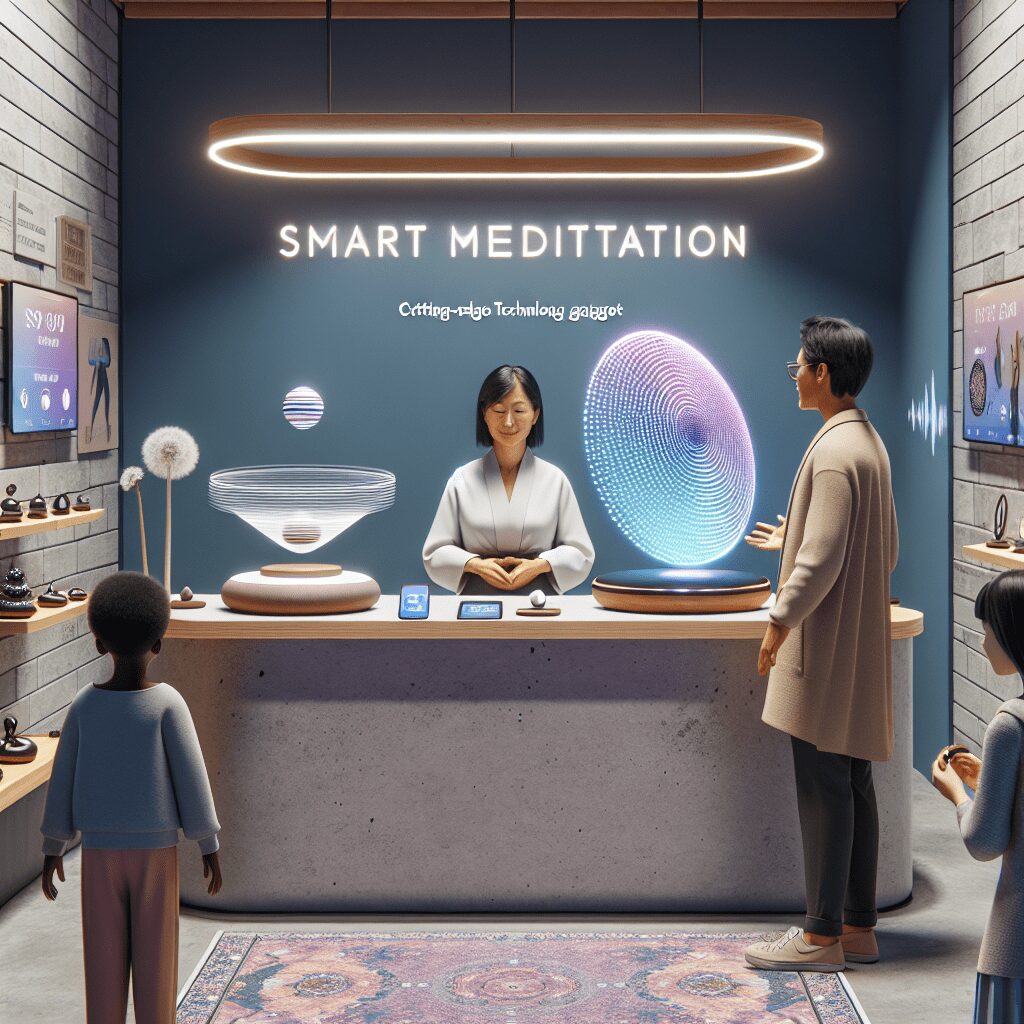
Prioritize your mental well-being daily. Enhance your life by nurturing your mental health with the Smart Meditation app. Break free from stress, alleviate anxiety, and enhance your sleep quality starting today.
What Is The Most Effective Antidepressant For Anxiety?
Unraveling the Mystery: The Quest for the Ultimate Anxiety Antidepressant
In the modern whirlwind of life, where stress seems to be as common as the air we breathe, many are on a quest—an odyssey, if you will—towards finding solace in the form of the most effective antidepressant for anxiety. It’s a journey that could easily be likened to finding a needle in a haystack, thanks to the myriad of options and the highly personal nature of mental health treatment. But fear not, for we’re here to shed some light on this often perplexing path.
The Landscape of Anxiety Treatment: A Cornucopia of Choices
First things first, let’s get one thing straight: when it comes to treating anxiety with antidepressants, there’s no one-size-fits-all solution. What works like a charm for one person might just be a dud for another. However, by diving into the sea of scientific research and expert opinions, certain frontrunners emerge in the race towards efficacy.
-
SSRIs (Selective Serotonin Reuptake Inhibitors): These are often the starting block for many. Medications like sertraline (Zoloft) and escitalopram (Lexapro) have not only rolled off the tongue of many healthcare professionals but have also shown to be effective in reducing anxiety symptoms. They work by increasing serotonin levels in the brain, which can help to improve mood and reduce anxiety. However, like any star athlete, they’re not without their side effects—think nausea, sleep disturbances, and sexual dysfunction, to name a few. Yet, for many, the benefits outweigh the cons.
-
SNRIs (Serotonin-Norepinephrine Reuptake Inhibitors): Then there’s the SNRI squad, with members like venlafaxine (Effexor XR) and duloxetine (Cymbalta) making waves. They target both serotonin and norepinephrine, offering a one-two punch against anxiety. But, as with SSRIs, the side effects are part of the package deal.
-
Tricyclic Antidepressants (TCAs): More of the old guard, these have fallen out of favor for first-line anxiety treatment due to a more pronounced side effect profile. However, for some, they’re just what the doctor ordered (quite literally).
-
Benzodiazepines: Now, while not antidepressants, they deserve a mention. They’re like the fast-acting relief team that swoops in during acute anxiety attacks. However, due to their high potential for dependency, they’re more of a guest star than a main character in long-term anxiety management.
Tailoring Treatment to the Individual
Ah, the plot thickens. With such an array of options, how does one navigate these waters? The answer, my dear Watson, lies in a personalized approach. A combination of genetics, specific anxiety symptoms, coexisting conditions, and even personal preference plays a pivotal role in determining the most effective treatment. It’s a veritable mix-and-match scenario until the right concoction is found.
Evidenced-Based Guidance Coupled with Trial and Error
Indeed, it’s an empirical truth that a blend of evidenced-based guidance and a bit of old-fashioned trial and error paves the way forward. Patience is the name of the game—as frustrating as that may be. Often, it can take several weeks, or even longer, to ascertain the efficacy of a particular medication.
Moreover, a holistic approach that marries medication with psychotherapy, lifestyle changes (think regular exercise, a balanced diet, and adequate sleep), and stress management techniques can often lead to the best outcomes. After all, tackling anxiety is more of a marathon than a sprint.
Concluding Thoughts: The Journey Continues
So, what’s the most effective antidepressant for anxiety? The answer is as complex as the human mind itself. It’s a deeply personal journey, fraught with trial and error, patience, and persistence. But with the right guidance, a supportive network, and a dash of resilience, finding a light at the end of the anxiety tunnel is more than just a pipe dream—it’s a very real possibility.
Remember, if you’re starting this journey, arm yourself with knowledge, but also with hope. You’re not alone, and the quest for relief is a road well-traveled by many.




